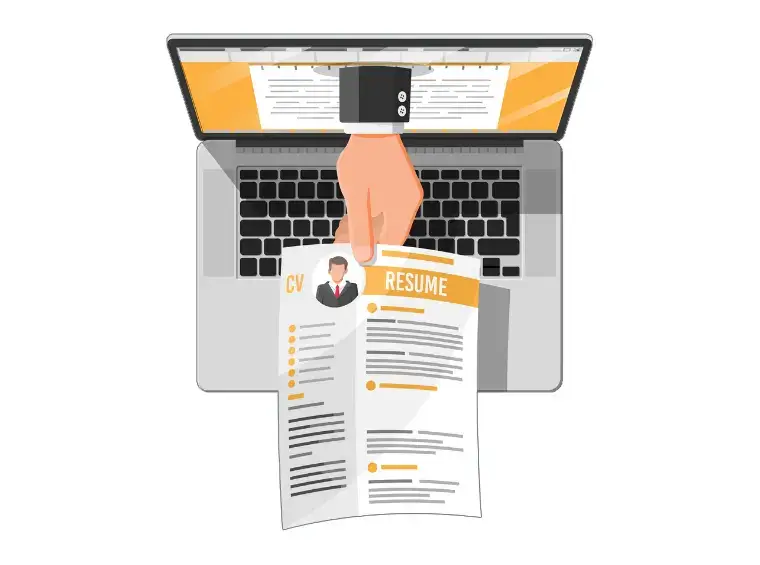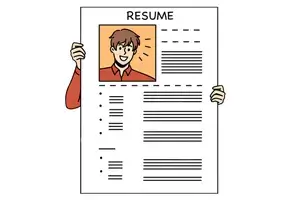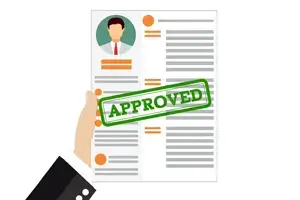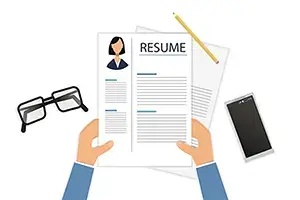Crafting a Winning Resume for Entry-Level Positions

Embarking on your professional journey is an exciting adventure, and your resume serves as the compass guiding you towards entry-level opportunities. As a recent graduate or someone seeking their first professional role, building a resume that stands out can be the key to unlocking doors. Here are essential tips to help you create a winning resume for entry-level positions:
1. Start with a Strong Introduction:
Begin your resume with a concise and impactful professional summary. Introduce yourself, highlight your academic achievements, and express your eagerness to contribute to a dynamic work environment. Keep it brief but compelling.
2. Emphasize Education and Relevant Coursework:
For entry-level positions, your education is a significant asset. Clearly present your degree, major, and graduation date. If you have relevant coursework or academic projects, include them to showcase your practical skills and knowledge.
3. Highlight Internships and Part-Time Work:
Even if your work experience is limited to internships, part-time jobs, or volunteer work, spotlight these experiences. Detail the skills you acquired and any notable accomplishments. This demonstrates your commitment and initiative.
4. Showcase Extracurricular Activities and Leadership:
Entry-level employers are often interested in well-rounded candidates. Highlight involvement in clubs, sports, or community service. If you held leadership positions, emphasize the skills and responsibilities that make you a standout candidate.
5. Tailor Your Resume for Each Application:
Customize your resume for each job application by aligning it with the specific requirements of the position. Use keywords from the job description to ensure your resume passes through applicant tracking systems (ATS) and catches the eye of hiring managers.
6. Focus on Transferable Skills:
Showcase transferable skills gained through coursework, internships, or extracurricular activities. Highlight skills such as communication, teamwork, problem-solving, and adaptability—attributes valued by employers in entry-level candidates.
7. Include a Projects Section:
If you've worked on noteworthy projects during your academic journey or internships, create a dedicated section to showcase them. Describe your role, the project's impact, and the skills you applied.
8. Quantify Achievements Where Possible:
Even if you lack extensive work experience, quantify your achievements wherever possible. Mention any measurable results or positive outcomes from your academic or extracurricular activities to add substance to your resume.
9. Highlight Technical and Software Proficiency:
If the position requires technical skills, highlight your proficiency in relevant software, tools, or programming languages. Showcase your ability to adapt and learn quickly, a valuable trait for entry-level candidates.
10. Pay Attention to Formatting and Readability:
Keep your resume visually appealing and easy to read. Use a clean, professional layout, and organize information logically. A well-structured resume demonstrates attention to detail and makes a positive impression.
11. Include a Strong References Section:
If possible, include references or recommendations from professors, internship supervisors, or colleagues. This adds credibility to your application and provides employers with insights into your character and work ethic.
12. Proofread Thoroughly:
Before submitting your resume, proofread it carefully. Typos and grammatical errors can detract from your professionalism. Consider asking a friend or mentor to review your resume for a fresh perspective.
Crafting a winning resume for entry-level positions is a pivotal step in launching your career. By following these tips and showcasing your skills and experiences effectively, you'll increase your chances of standing out in a competitive job market. Best of luck on your journey to landing that first entry-level role!
 Ensuring Perfection Before You Apply
Ensuring Perfection Before You Apply














